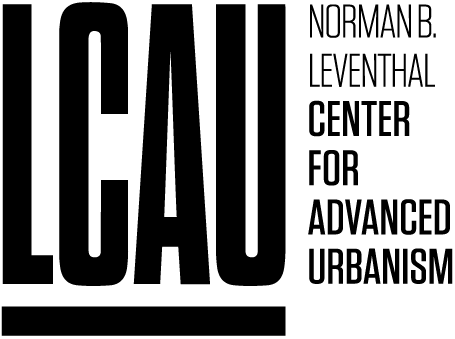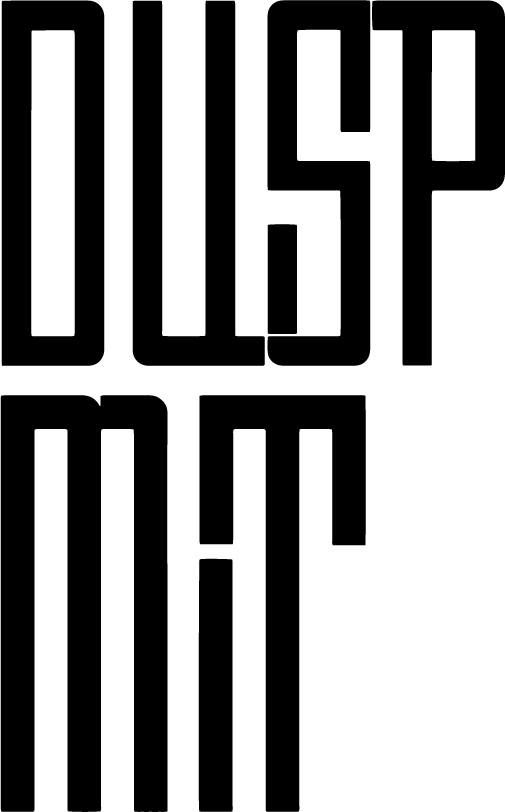Methodology
This MIT Data + Feminism Lab project used a Participatory Design Research methodology to co-produce this website, in collaboration with Point of View and Red Dot Foundation and three Kolkata-based civil society organisations that chose to remain anonymous.
The objectives of the project have been to:
- Gather perspectives from Indian social workers, women's rights groups, and gender-minoritized communities to identify targeted funding areas for safer public spaces
- Transform this data into a public-facing digital/print visualisation and/or website that amplifies community voices and starts a public conversation around surveillance in India
- Support grassroots communities in leveraging these resources to shape policy and promote democratic processes in smart city projects emphasising safety and mobility.
— Theory of Change
Our theory of change has been that data – narratives on grassroots experiences of surveillance and safety – in the hands of gender-marginalised communities can be used as part of collective action to negotiate with the state and integrate a more democratic process into state projects that aim to address gendered safety.
️— Timeline
The project was co-conceptualized in 2022 by Radhika Radhakrishnan and Catherine D’Ignazio. During July and August 2023, Radhakrishnan conducted ethnographic fieldwork in four cities covered by the Safe City project of the Government of India -- Kolkata, Delhi, Mumbai, and Bengaluru. In these cities, Radhakrishnan did semi-structured interviews and focus group discussions with a total of 24 individuals across 10 grassroots civil society organisations in English, Hindi, and Bangla. These organisations included intersectional women’s rights NGOs, trans-queer NGOs, and sex worker led NGOs, all of which work with gender-marginalised communities at a grassroots level on tackling gender-based violence. Some research participants who preferred to remain anonymous have been referenced here by aliases.
Following the data collection, the interviews were transcribed and translated by Sunita Bhadauria, and the data was qualitatively coded and analysed by a team of researchers from the MIT Data + Feminism Lab -- led by Radhika Radhakrishnan with support from Bianchi Dy, Natasha Ansari, and Catherine D’Ignazio.
In January 2024, the team formed an Advisory Committee consisting of a Mumbai-based committee (Point of View and Red Dot Foundation) and a Kolkata-based committee consisting of three civil society organisations that chose to remain anonymous. The advisory committee took a lead on iteratively deciding the format of the design, target audiences, and design principles.
With the committee’s inputs, Bianchi Dy led the design and web development of this website and a zine, with illustrations designed by Indu Harikumar. Radhika Radhakrishnan led the writing of this essay, with editorial and research support from Catherine D’Ignazio and Natasha Ansari.
This project has been funded by a seed grant from the Norman B. Leventhal Center for Advanced Urbanism, two grants from the MIT Department of Urban Studies & Planning (Urban Science Seed Fund and a Racially Just Research Initiative Grant), and the MIT Data + Feminism Lab.


